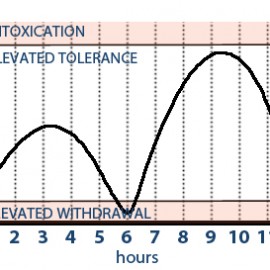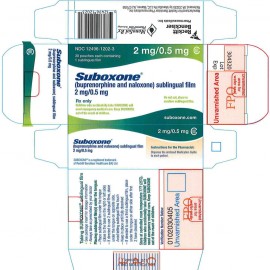Resources For
The Struggle to Maintain
For many, only age and health issues, or an unanticipated dip in that protective tolerance, were enough to finally motivate them to seek help.
Topics: alcoholism, detoxification, recognizing addiction, signs and symptoms
Confirmation Bias and Counseling
Project Match has long been held up as demonstrating the efficacy of three very different approaches.
Topics: counseling skills, therapies and tools
Cross Addiction: Is it a Myth?
There are many concepts in clinical psychology that are not science-based, but are nonetheless still of use in therapy.
Topics: bad information, counseling, relapse
Call the Intervention Pro?
if some members of your team have become hesitant, mired in doubt, lost their motivation– then you want the professional with you.
Topics: getting help, intervention
Cannabis in Relapse
If you’ve been down that road, making repeated attempts to control use or to stop and stay stopped, only to fall fall flat, you should eventually realize that what works for others just doesn’t work for you
Topics: cannabis, loss of control, maintaining sobriety, relapse
Case Study: Medical Pot
Alcoholics have never had much success giving up drinking while using some other sedative. Often it results in a problem with the second substance.
Do You Know What (Drugs) Your Kids Are Doing?
It is vital that your teen feels able to talk to you about drugs; if they are using but are afraid of the consequences of telling you it will only lead to more deception.
Topics: kids, recognizing addiction, signs and symptoms
Professionally Suspicious: Clinicians & Recovery Fellowships
You might as well write ‘I don’t want you to go to AA’ in big letters on the wall behind the therapist’s chair. It’s about that obvious.
Topics: 12Step, discharge planning, maintaining sobriety, recovery support groups


















